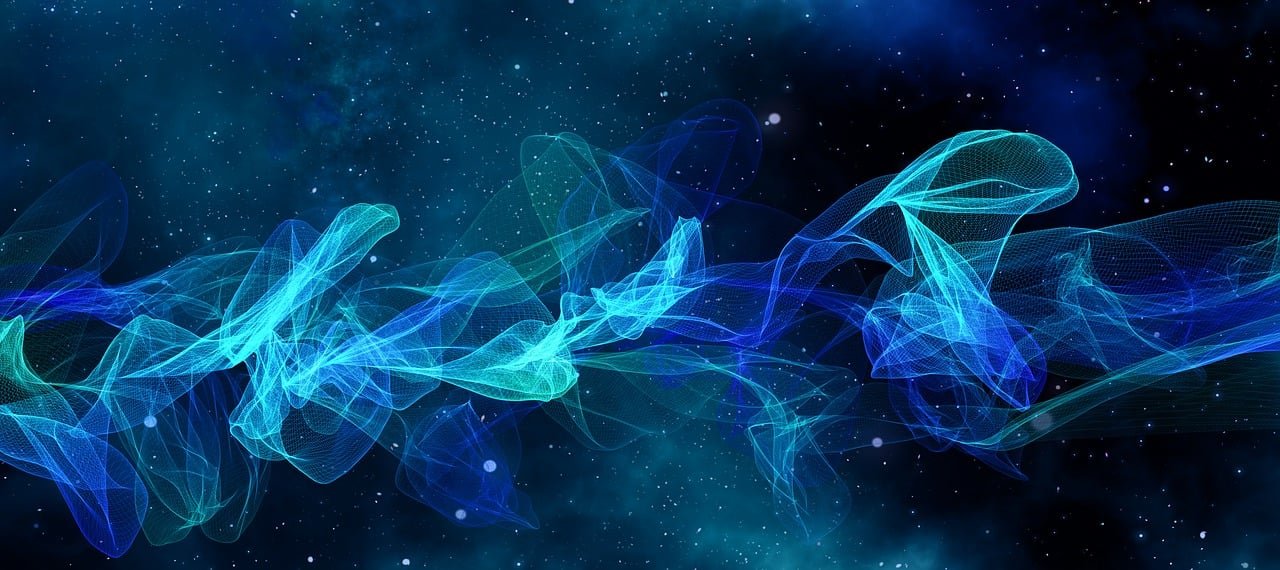As we navigate through 2025, the graphic design landscape is experiencing a profound evolution, driven by technological advancements and a heightened focus on human-centric and sustainable design. For professionals aiming to stay at the forefront, understanding these emerging trends is crucial. Here’s an in-depth look at the top graphic design trends shaping 2025:
1. AI-Driven Design
Artificial Intelligence (AI) has become an integral collaborator in the creative process. Designers are utilizing AI to generate complex visuals, automate repetitive tasks, and explore innovative design possibilities, leading to a harmonious blend of human creativity and machine efficiency. This partnership allows for the rapid prototyping of ideas and the creation of personalized design experiences.
2. Mixed Media and Collage Art
The resurgence of mixed media and collage techniques brings a tactile and personal touch to digital design. By combining photography, hand-drawn elements, textures, and digital art, designers create rich, layered visuals that evoke nostalgia and authenticity. This approach resonates with audiences seeking genuine and relatable content.
3. Emphasis on Diversity and Inclusion
Reflecting societal shifts, there is a strong emphasis on diversity and inclusion within design. This trend involves authentically representing various cultures, body types, and identities, ensuring that visual content resonates with a broad and diverse audience. Designers are moving beyond tokenism, striving for genuine representation that fosters connection and community.
4. Experimental Typography
Typography is taking center stage with designers pushing the boundaries of traditional type design. Expect to see unconventional fonts, creative layouts, and type that interacts dynamically with other design elements, turning text into a visual art form.
5. Geometric Abstract Narratives
Utilizing bold lines, shapes, and patterns, geometric designs are being employed to tell compelling visual stories. This approach balances simplicity with complexity, offering modern aesthetics that are both engaging and thought-provoking.
6. Hyper-Realistic 3D Renderings
Advancements in 3D technology have led to hyper-realistic renderings that blur the line between digital and physical worlds. Designers are creating lifelike textures and intricate details, making digital elements appear tangible and immersive. This trend is particularly prominent in product design and virtual reality experiences.
7. Sustainable and Nature-Inspired Design
With a growing emphasis on environmental consciousness, designs inspired by nature and sustainability are gaining traction. Earthy tones, organic shapes, and eco-friendly materials are being integrated into visual identities, aligning brands with eco-conscious values.
8. Blur and Distortion Effects
Incorporating blur and distortion techniques introduces an element of intrigue and depth, challenging perceptions and encouraging viewers to engage more deeply with the content. This trend reflects the complexities and nuances of contemporary life.
9. Maximalist Illustrations
Contrasting the minimalist approach, maximalism embraces complexity and abundance, featuring intricate details, bold patterns, and vibrant colors. This style allows for expressive storytelling and creates immersive visual experiences that captivate audiences.
10. Serif Typography
Retaining its prominence, ‘Serif’ typography continues to be a favored choice in the graphic design world, celebrated for its classic elegance and versatility. It’s carving out a significant niche in design trends, including font selections. Embrace the elegance of Serif for your projects, and watch your designs transform into visual masterpieces.
Embracing these trends will not only keep your designs fresh and relevant but also ensure they resonate deeply with audiences in an ever-evolving digital landscape.
